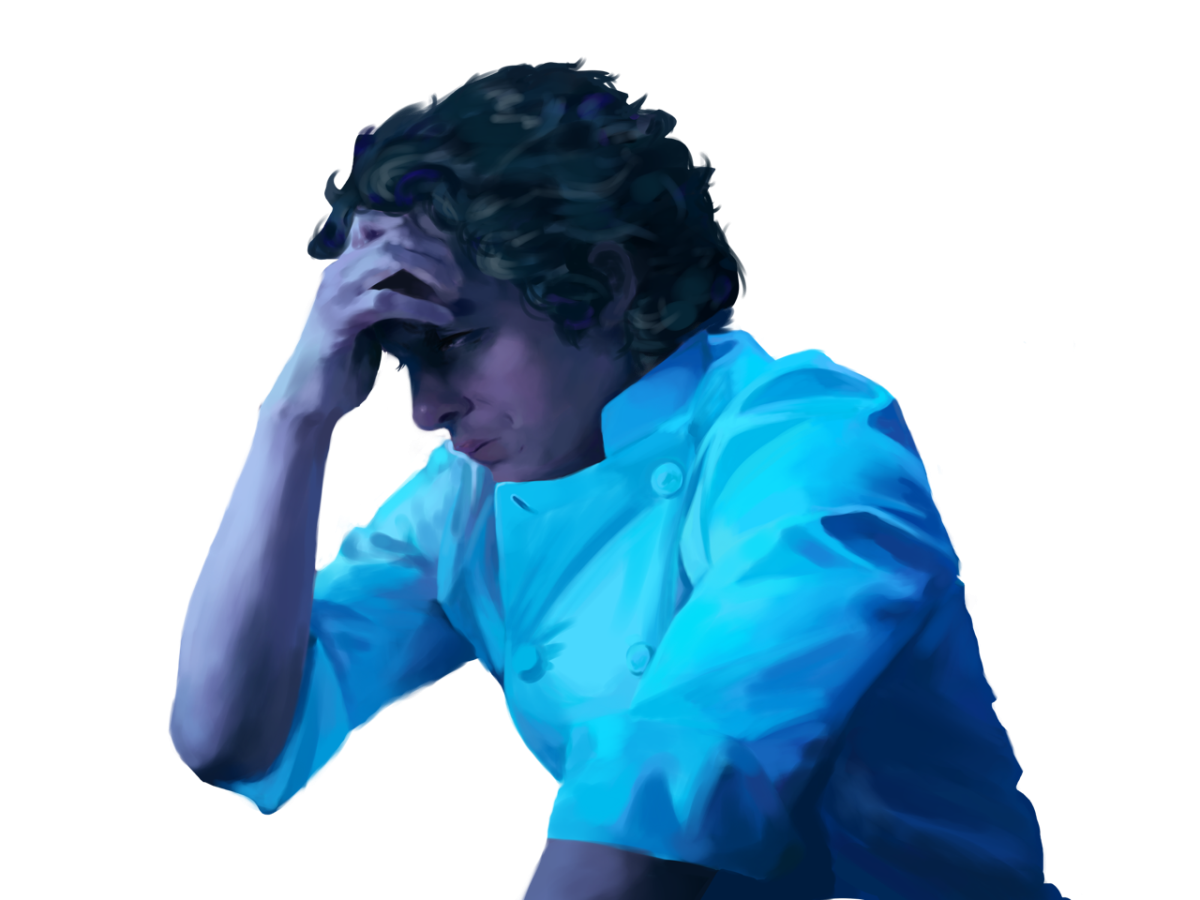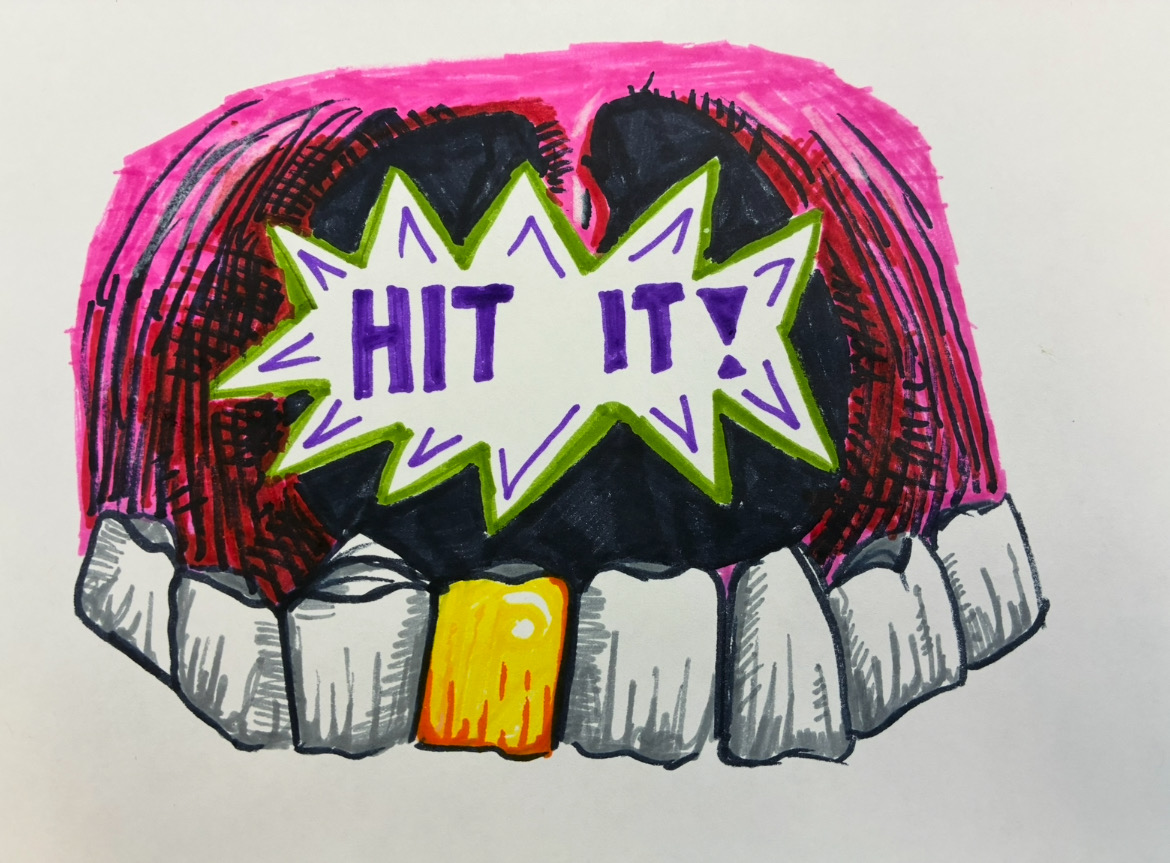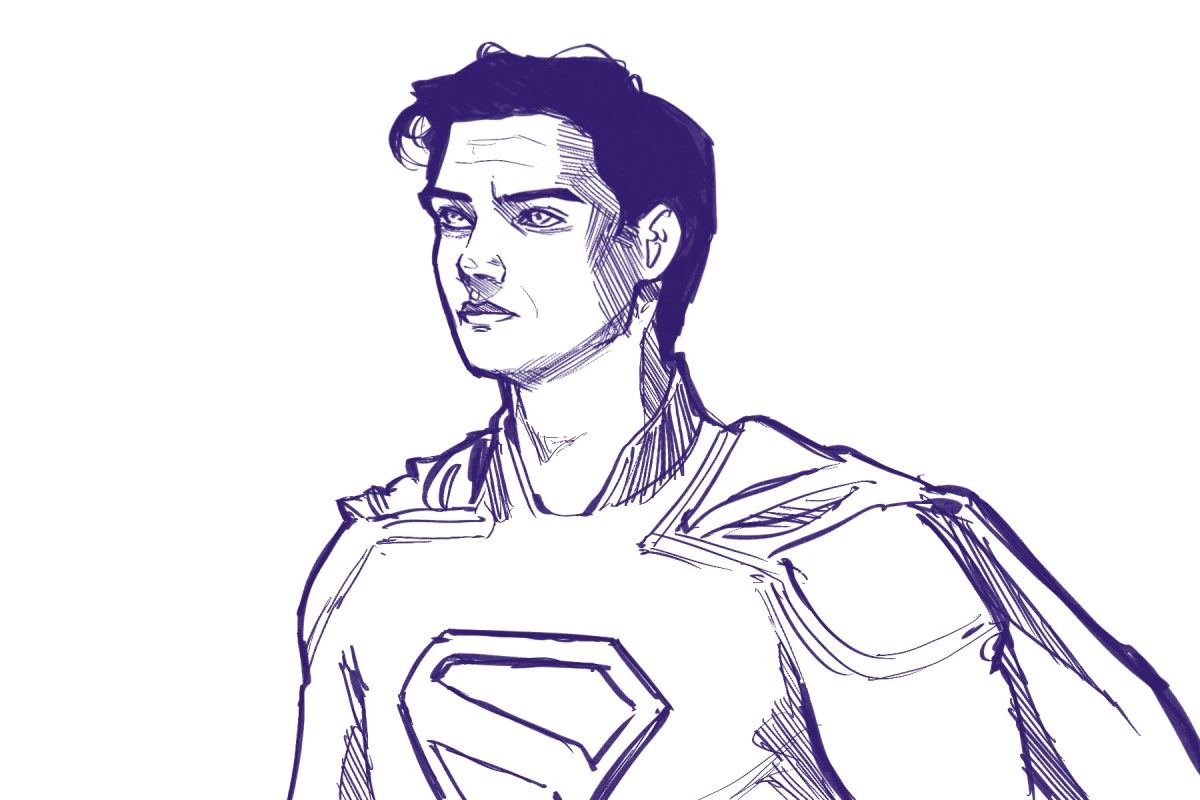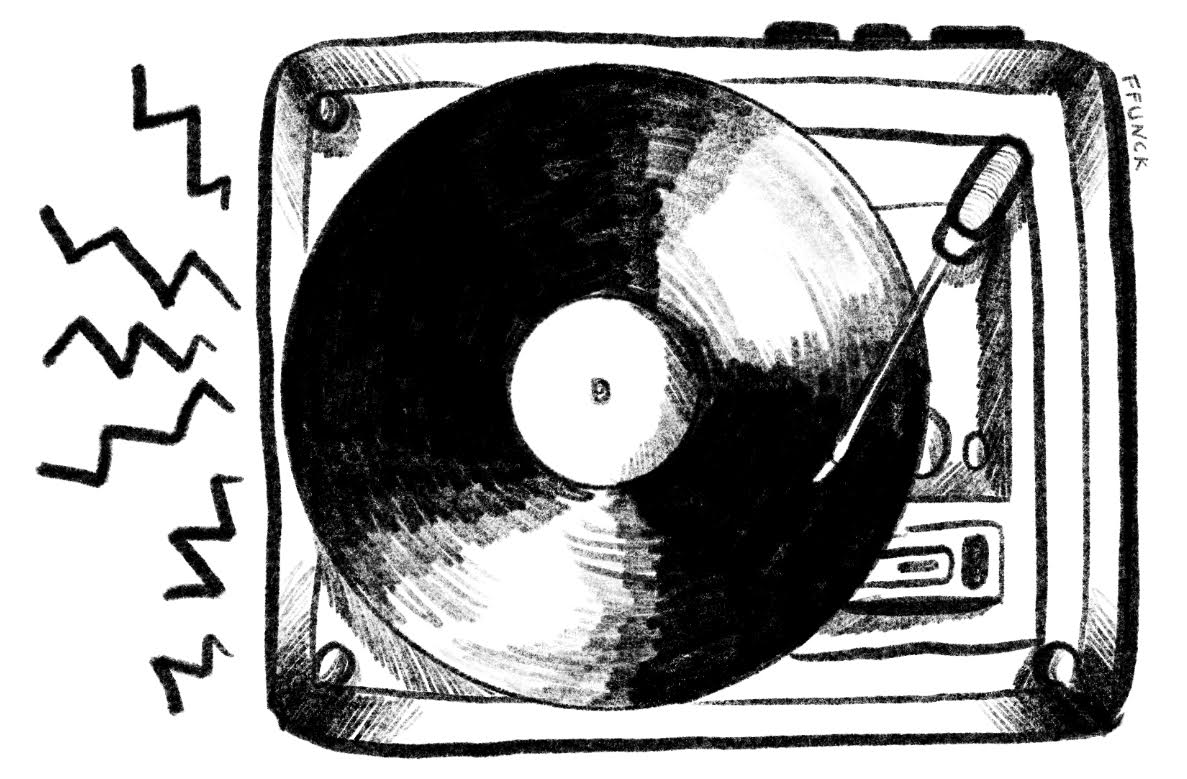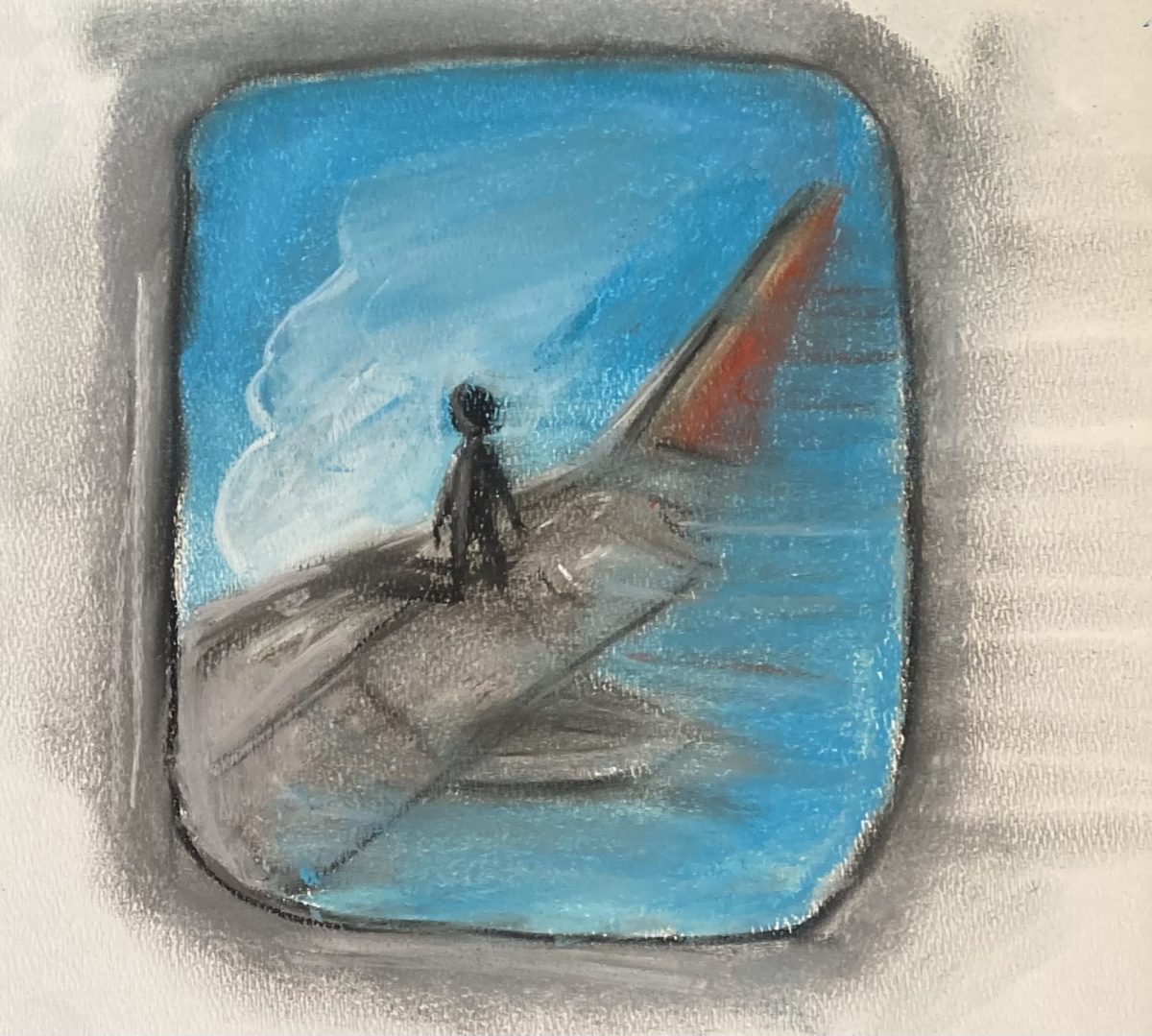If anyone had any doubts about The Bear being the most artistically daring and electrifying series on TV, the third season of Chris Storer’s acclaimed FX on Hulu hit dispels them completely with a stunning opener and the same raw emotion that captured audiences from the start. While many viewers may see the show as a gritty, behind-the-scenes look at a kitchen’s organized chaos, for me, a near adult child of an alcoholic, The Bear is something else entirely.
It’s about living with the constant undercurrent of anxiety that comes from being raised by an alcoholic and the toll that anxiety takes on a person’s life: the way it warps relationships and the feeling that your relentless pursuit of perfection can never truly be satisfied.
This small-scale masterpiece steps away from the show’s usual high-energy pace and offers a more quiet one. It blends pain and pleasure, triumph and failure, all connected by Carmy’s habit of stroking a scar on his hand, and interspersed with glimpses of the fallout from last season’s traumatic finale of Carmy’s fallout with his girlfriend.
As shown by its exceptional premiere, The Bear is about food only insofar as it relates to its characters and their lives: this is a theme throughout its third season as well.
Carmy and Richie, as usual, are at one another’s throats like rabid dogs, with Sydney stuck in the middle trying to keep order and sanity. The ensuing manic energy is so starkly different from the previous episode’s calmness that it almost feels disorienting—though it’s important to note that The Bear is, and has always been a tale of clashing forces: past versus present, peace versus chaos, beauty versus ugliness, precision versus messiness. The struggle for unity is central to this season, with everyone feeling isolated, lonely, and yearning for stability.
Carmy’s story is juxtaposed with the experiences of other characters who have also been shaped by their families. Marcus is grieving his mother’s death. Sydney moves into her own place and wrestles with the decision to leave the restaurant and head her own. We get to watch Tina’s journey from a struggling employee to a member of the restaurant and Richie comes to terms with his ex-wife’s remarriage.
Yet, while others find moments of healing and growth, Carmy remains stuck, unable to move past the trauma of his childhood. The anxiety that drives him to achieve greatness is the same anxiety that keeps him trapped, unable to see the damage it’s causing. It’s an anxiety so deep-seated that it mirrors the experience of living with an alcoholic parent.
Instead of seeking solace in his team or his loved ones, Carmy continues to make lists, believing that if he can just control everything, he’ll finally be okay. And as Season 3 comes to an end, it becomes clear that this path has only led to more pain.
I see a lot of myself in Carmys little moments—like when he runs his hands over that scar on his palm, as if trying to ground himself against the noise in his mind. In those fleeting seconds he’s a child witnessing the instability around him, trying to make sense of a world that’s always on the verge of breaking apart.
There’s a scene where Carmy gets a voicemail from his mom, her voice is laced with that brittle edge I recognize—a mix of love, regret, and something else, something unspoken. He doesn’t call her back. Like Carmy, I keep my distance, thinking it might be easier to manage the anxiety that way, to keep it contained. But in reality, it only makes the silence more suffocating.
The Bear doesn’t just tell Carmy’s story; it tells mine too. It captures the delicate, painful space between a child and an alcoholic parent, the gaps left by words that are never said, the silence that follows. It is a beautiful, profound, and deeply affecting piece of art—one that you simply can’t afford to miss.
This article also appears in our September 2024 edition.

